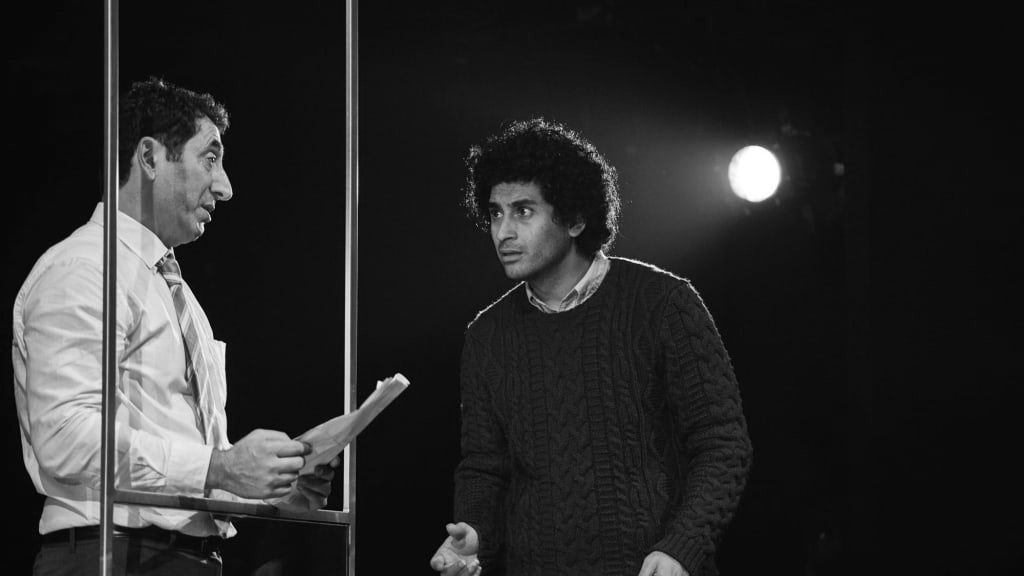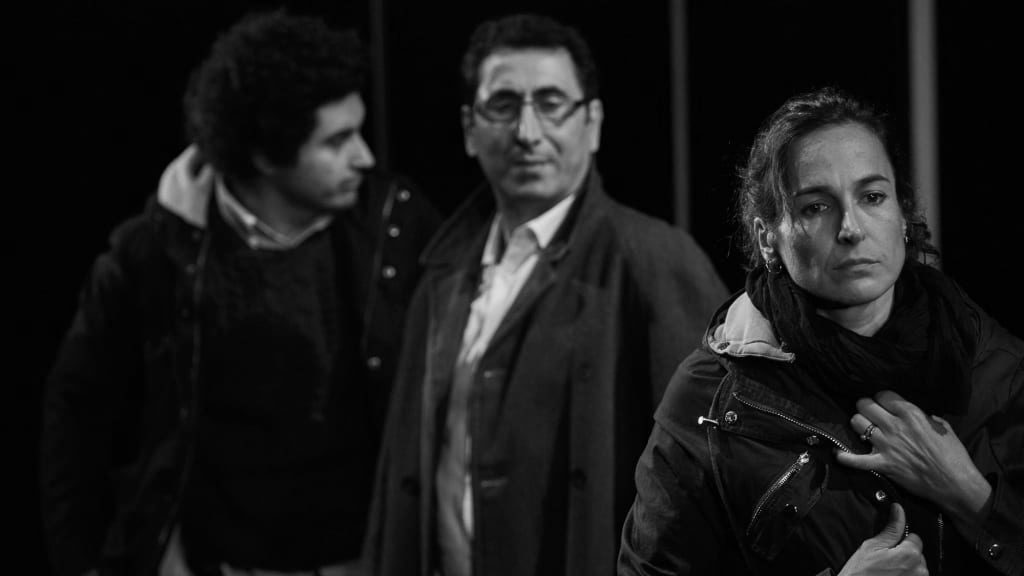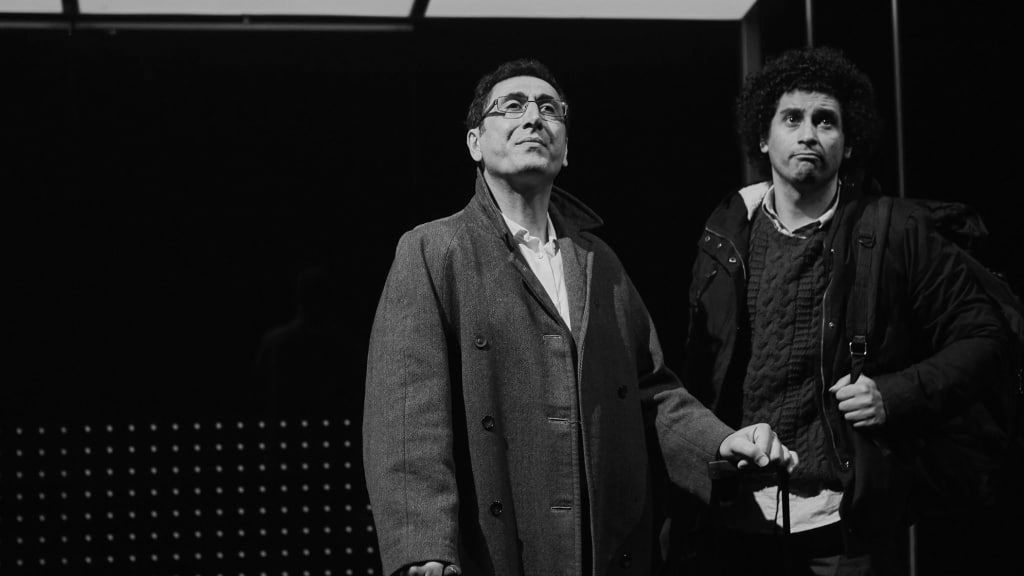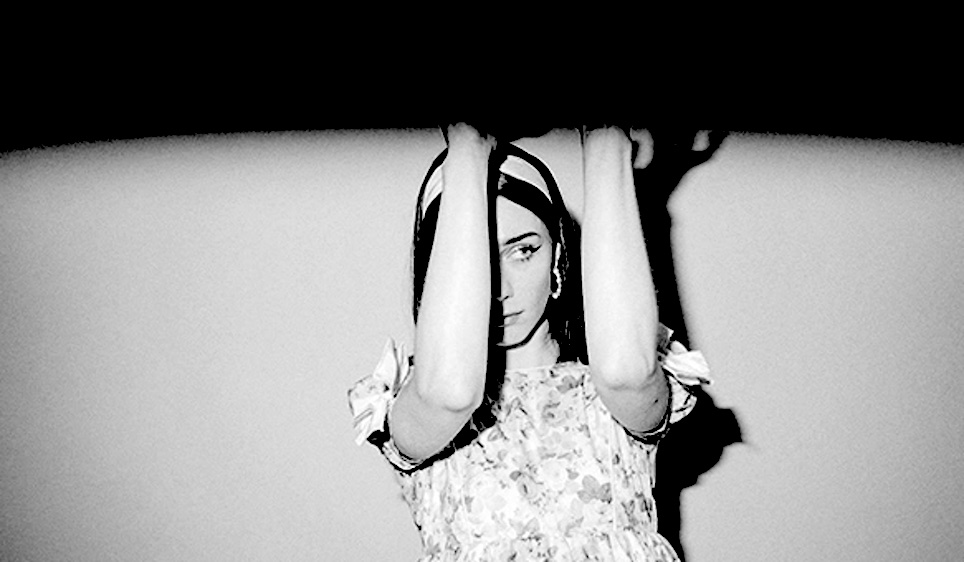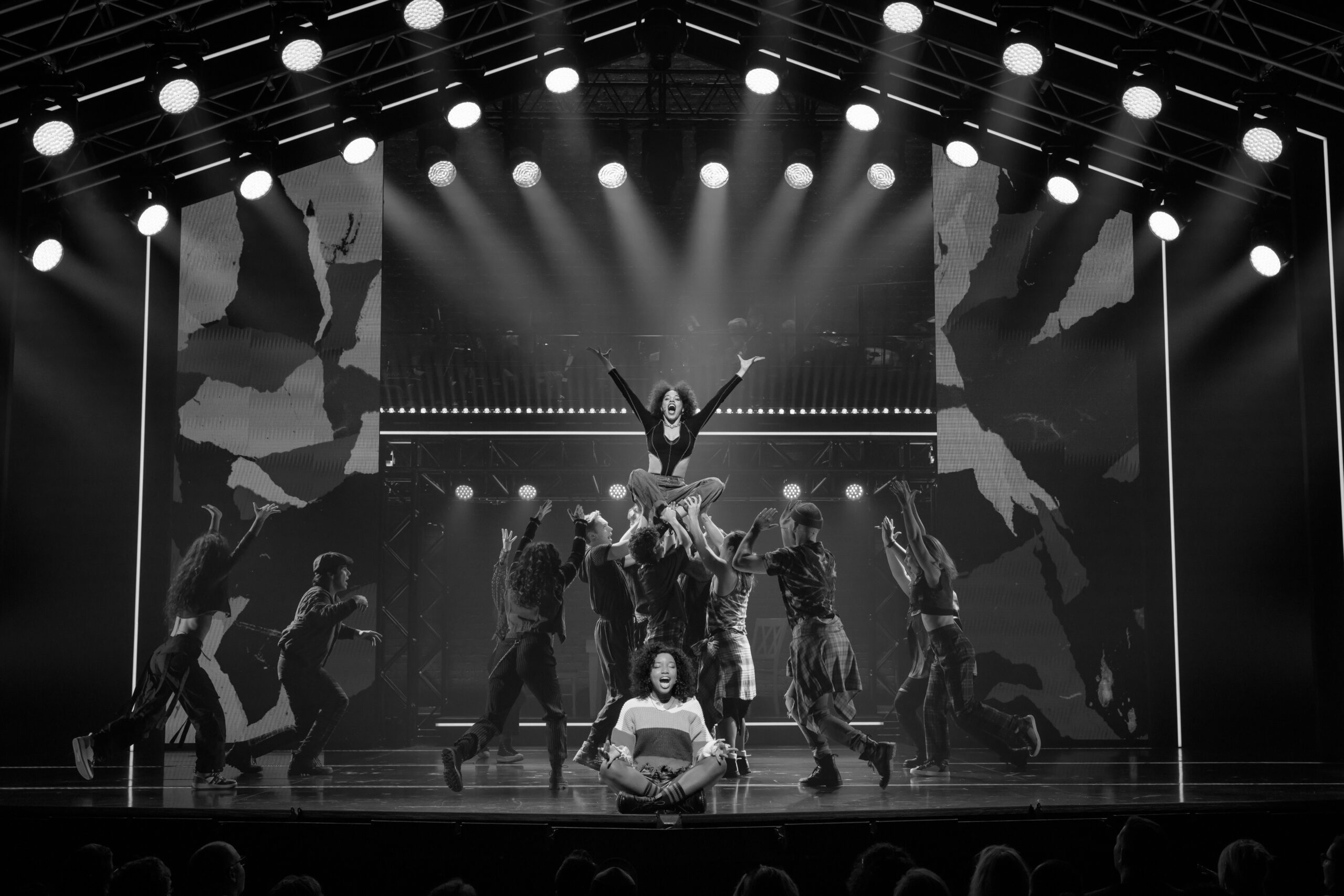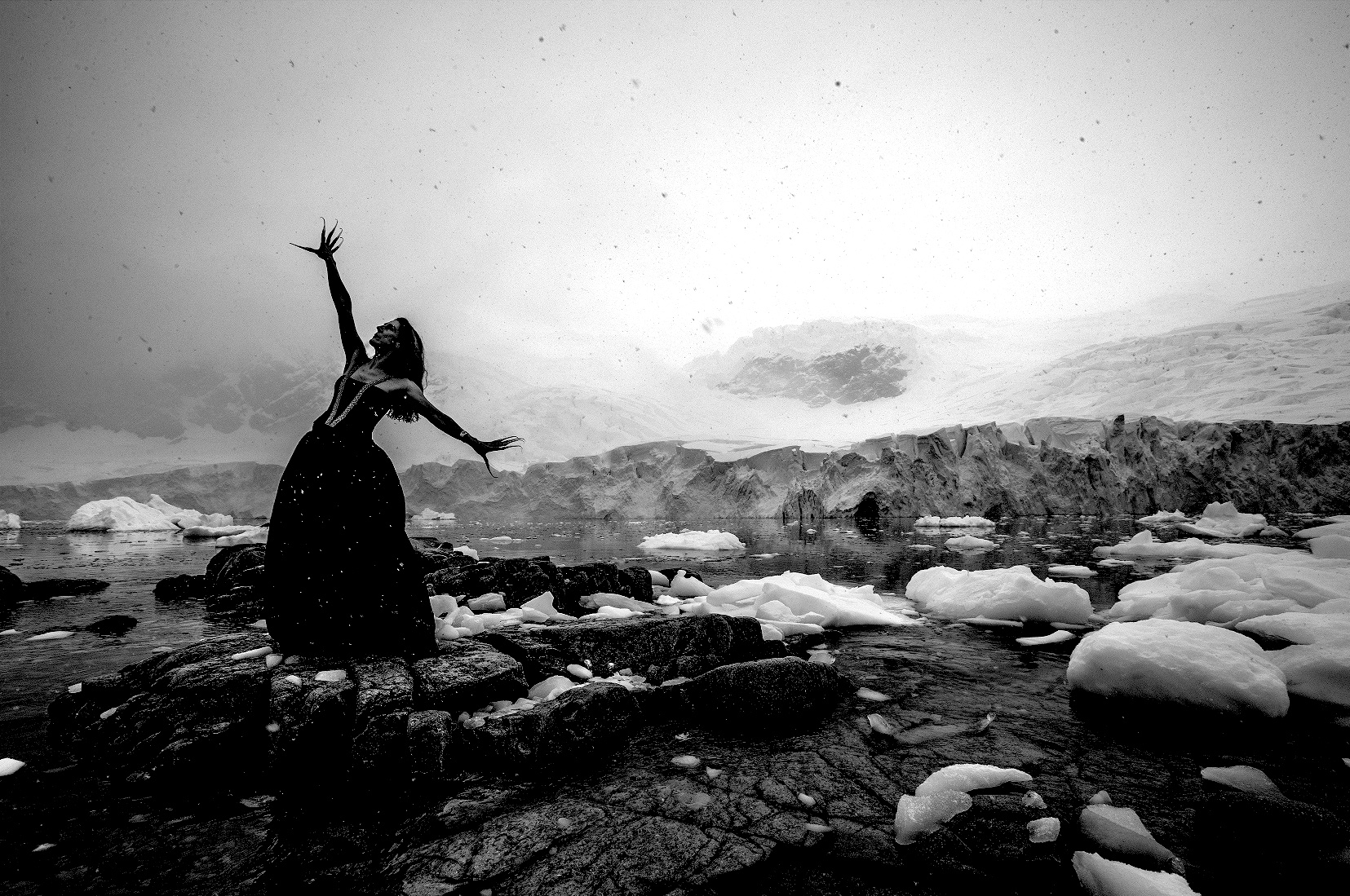GOOD MUSLIM BOY
In limbo and swing between the political hotbed of The Middle East and locations all the more familiar to audiences here at home, Good Muslim Boy is a work by Osamah Sami, presented by Malthouse Theatre.
It begins with strong image: all cold steel, clean glass, fluorescent lights and mosaic tiles – the transitory nature in which this narrative plays out is clearly established, but from here the issues around location unfortunately begin. We need more, we need to be drawn in further and given more with which we can slip into the murky depths of theatre’s unrealness. We need to be thrown head first into breathless chaos or allowed, for a while, to lull into a false sense of comfort before being smacked across the face by some unflinching thing.
The subjects, both personal and political, which frame this work, are deep and affecting, or at least should be. The death of a loved one is something that which we all experience throughout the course of our lives, and this is the story not only of the passing of a parent figure, but of travel that is fraught with complication of both the heart and of the immediate world around.
Why is this though? It is perhaps because the direction and the performance given never pass a point of wooden rigidity: the performers themselves, don’t give enough or enough of themselves away to be more than characters being played out on stage. Direction here feels as if the choices that have been made were the easiest and able to draw conclusion.
There’s no middle ground: it’s black or it’s white, and missing are all those beautiful shades of grey that exist between and are so crucial when creating great theatre. The succession of time is also problematic, each scene is fighting for its own, the energy, as result, is a mess, and it does not allow for the story-lines to ever fully emerge.
Having such rich source material to work form, but resulting in some pretty middle-of-the-road performance is confusing and above anything else, disappointing. You want for the simple matter of the story being told, the heart wrenching realities and for the creator, to see this work be triumphant. You simply want for more, not without merit: with further development and a keener gaze, this work could shine, but for now, it is missing too much of what is important to warrant even a passing glance.

